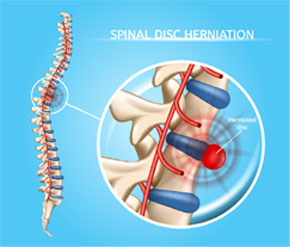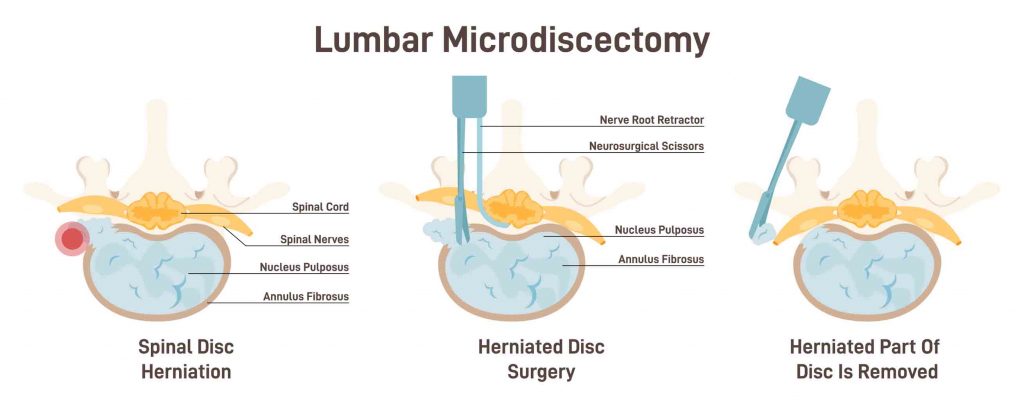Do you suffer from back pain caused by a herniated disk? If so, you may be considering surgery to find relief. Herniated disk surgery is a common procedure performed to treat the symptoms of a herniated disk, which is a condition where the gel-like center of a disk in your spine bulges out of its normal place.
What is a Herniated Disk?

A disk is a soft cushion located between each vertebra in your spine. Its job is to absorb shock and allow for movement in the spine. A herniated disk occurs when the gel-like center of the disk pushes through a weak area in the outer layer and into the spinal canal. This can irritate or compress nearby nerves, causing pain, numbness, and weakness in the back and extremities.
When is Herniated Disk Surgery Needed?
Not everyone with a herniated disk requires surgery. For many people, conservative treatment such as physical therapy, pain medication, and rest can effectively manage their symptoms. However, if your symptoms do not improve after several months of non-surgical treatment, or if your symptoms are severe and impacting your daily life, your doctor may recommend herniated disk surgery.
What Happens During Herniated Disk Surgery?

The type of surgery you receive for your herniated disk will depend on the location and size of the disk, as well as the severity of your symptoms. The most common type of herniated disk surgery is a microdiscectomy, which involves removing a portion of the herniated disk to relieve pressure on the affected nerve.
The surgery is typically performed through a small incision in the lower back, using a surgical microscope for improved visibility. The surgeon will remove the portion of the disk that is causing the symptoms and then close the incision.
What to Expect After Herniated Disk Surgery?
Most people experience significant relief from their symptoms after herniated disk surgery. However, the road to recovery can be different for everyone. You will likely need to avoid certain activities, such as heavy lifting, for several weeks after the surgery to give your back time to heal. Physical therapy may also be recommended to help you regain strength and mobility in your back.
If you are suffering from a herniated disk and have tried non-surgical treatments without finding relief, herniated disk surgery may be an option for you. Talk to your doctor about the benefits and risks of the procedure and find out if it is the right choice for you.
Don’t let back pain control your life any longer. Take control of your comfort and consider herniated disk surgery today.